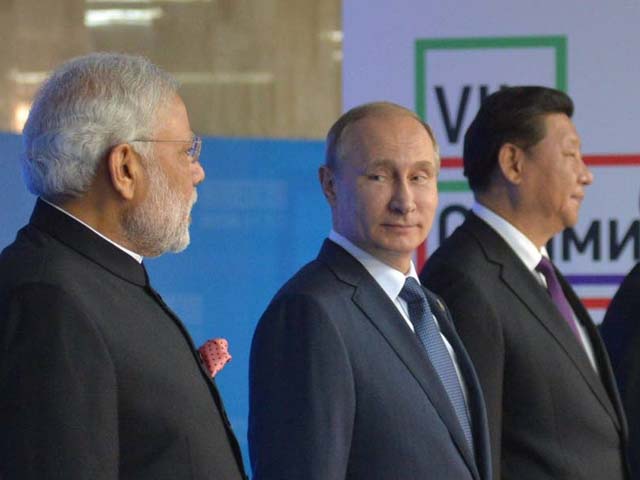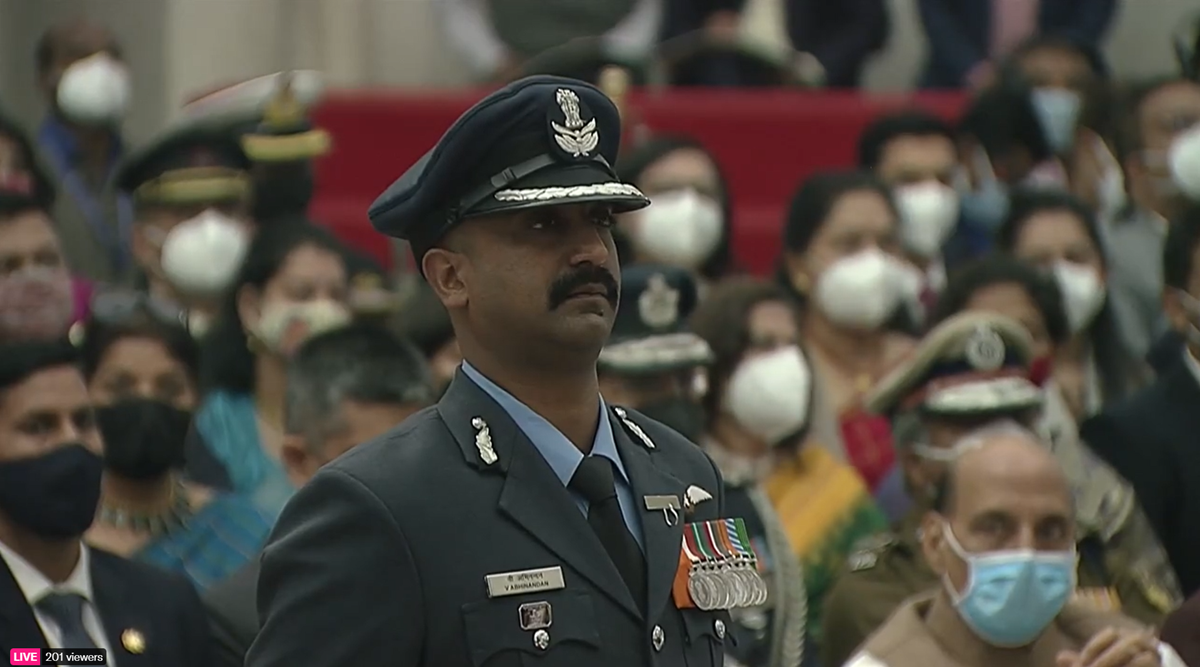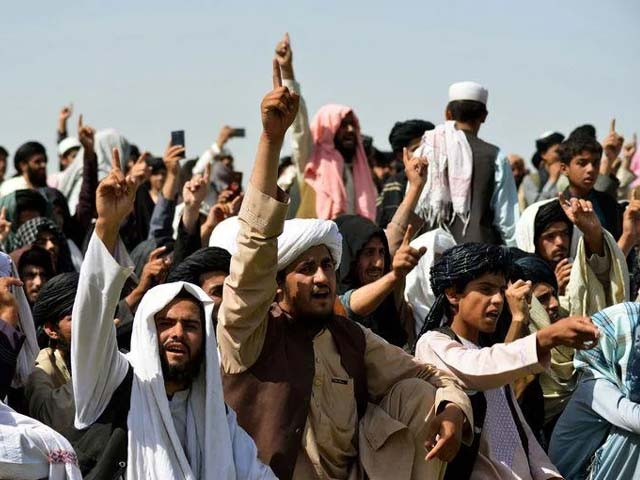
Russian-Chinese ties improved due to India, but aren’t aimed against it
Much better than any alliance
The past week saw confirmation from Russian and Chinese officials that their strategic partnership with one another is perhaps the most consequential bilateral relationship in the world right now. Russian Ambassador to China Andrey Denisov recently remarked that the importance of their ties has now surpassed that of a traditional alliance, further noting that neither of them is the dominant partner like would be the case in an alliance like NATO so their relations are truly equal in this respect. Chinese Foreign Minister Wang Yi reciprocated the Russian diplomat’s unprecedented praise by confidently declaring that “we see no limit, no forbidden zone and no ceiling to how far this cooperation can go.” The comprehensive synergising of these two Great Powers’ capabilities has resulted in them becoming the catalyst of positive geopolitical change in the 21st century.
The definition of win-win cooperation
Political cooperation is excellent, extending from the height of the UNSC to regional fora such as the SCO and all the way down to the local inter-municipal level. Economic ties are similarly close, involving not just natural resources, but also close collaboration on the two transcontinental connectivity corridors of the Northern Sea Route and Eurasian Land Bridge. As for military relations, they importantly involve significant arms sales and Russia’s support of China’s missile warning system. Altogether, the Russian-Chinese Strategic Partnership has become the primary catalyst of positive geostrategic change in the 21st century, representing a powerful force for opposing the US’ unipolar hegemonic designs. The deep trust that characterises their ties ensures that no effort to divide and rule them will succeed, which is important to keep in mind since one such attempt was recently made with respect to the US’ strategic exploitation of India.
The importance of Russian-Indian relations
The South Asian state is Russia’s decades-long historic partner and arguably one of the most important in its millennium-long history. Their relations remained consistently strong throughout the Old Cold War unlike Russian-Chinese ones which slipped into an intense intra-communist rivalry for some time. President Putin and Prime Minister Modi are also on very close terms with one another, and their personal bonhomie is undeniable every time they meet. Russia and India have the promising potential to pioneer a New Non-Aligned Movement (Neo-NAM) for advancing the cause of multipolarity in an increasingly bipolar world dominated by the US and China so long as the political will is present between both sides. On the surface at least, there’s no reason why their relations can’t be just as consequential as Russian-Chinese ones (i.e. surpassing the importance associated with a traditional alliance), yet some unexpected problems have arisen.
Divide-and-rule drama
Foreign Minister Lavrov’s recent criticism of American influence over India, particularly with respect to the possibility of the South Asian state playing a more active role in the US’ efforts to “contain” China through the Quad, provoked serious ire in New Delhi. I analysed this nearly three-week-long drama in a series of articles for Pakistan’s The Express Tribune that should be reviewed by the reader in order to familiarise themselves with the relevant background context. These are “India’s Unofficial Response To Russia Might Exacerbate Growing Distrust”, “Why Are Former Indian Diplomats Really Unhappy With Russia?”, and “Russia’s Unofficial Response To India Did Everything Right”. I noted how the real trigger for all of this was the publication of influential BJP ideologue Subramanian Swamy’s hateful anti-Russian article in early November which spit in the face of the historic Russian-Indian friendship and read like an information warfare attack scripted by the CIA.
In defence of Russia’s “balancing” act
Considering the fact that heated divisions between members of India’s permanent military, intelligence, and diplomatic bureaucracies (“deep state”) over their country’s role in the US-China-Russia triangle had visibly spilled over into the public as a result of that info-war provocation, it’s understandable why Foreign Minister Lavrov felt compelled to warn about America’s pernicious influence over New Delhi. This wasn’t an attack on their nation, but an objective observation of a very dangerous “deep state” development which threatens to divide and rule Eurasia if this American plot succeeds. Russia has done all that it can to woo India away from “containing” China in the Quad, even going as far as supporting its maximalist claims to Kashmir (which include the Chinese territory of Aksai Chin) and planning to sell jointly produced BrahMos supersonic missiles to the Philippines despite Manila’s territorial tensions with Beijing in the South China Sea, but to no avail.
India looked the Russian gift horse in the mouth
Instead of appreciating these strategically risky moves which threatened to inadvertently provoke Chinese concerns despite Russia’s well-intended efforts to serve as an “honest broker” that “balances” between them to the best of its ability, India overreacted to Lavrov’s latest warnings about the Quad and therefore manufactured a fake drama that only serves American interests. Unwittingly, however, it also strengthened Russian-Chinese ties since Beijing saw that Moscow will defend its interests vis-a-vis the far-ranging plot to “contain” it through that emerging military alliance. The very fact that the Russian Foreign Minister would speak out to so publicly against the new staple of its Indian strategic partner’s foreign policy proved that Moscow never intended to threaten Beijing’s interests by supporting New Delhi’s maximalist claims to Kashmir and planning to sell jointly produced BrahMos supersonic missiles to the Philippines.
Concluding thoughts
In fact, one can even say that the unexpected drama that some members of the Indian “deep state” provoked with Russia over nearly the past three weeks was responsible for the Russian-Chinese Strategic Partnership unprecedentedly strengthening in the time since as evidenced by Ambassador Denisov and Foreign Minister Wang’s historic comments about the significance of their relations. By standing up to the American-backed plot to exploit India as a means for dividing them from one another like what could have eventually happened had Moscow not spoken out so loudly against the Quad last month, Russia reaffirmed the independence of its foreign policy and proved that it won’t let anyone interfere with its game-changing strategic partnership with China. It’s little wonder then that these two Great Powers entered the New Year celebrating their relations since they’ve unquestionably become the catalyst of positive geopolitical change this century.




COMMENTS
Comments are moderated and generally will be posted if they are on-topic and not abusive.
For more information, please see our Comments FAQ